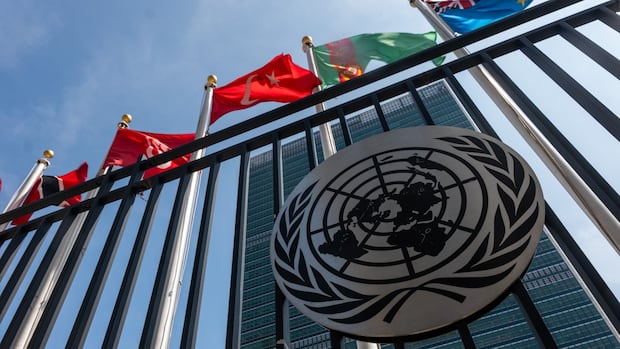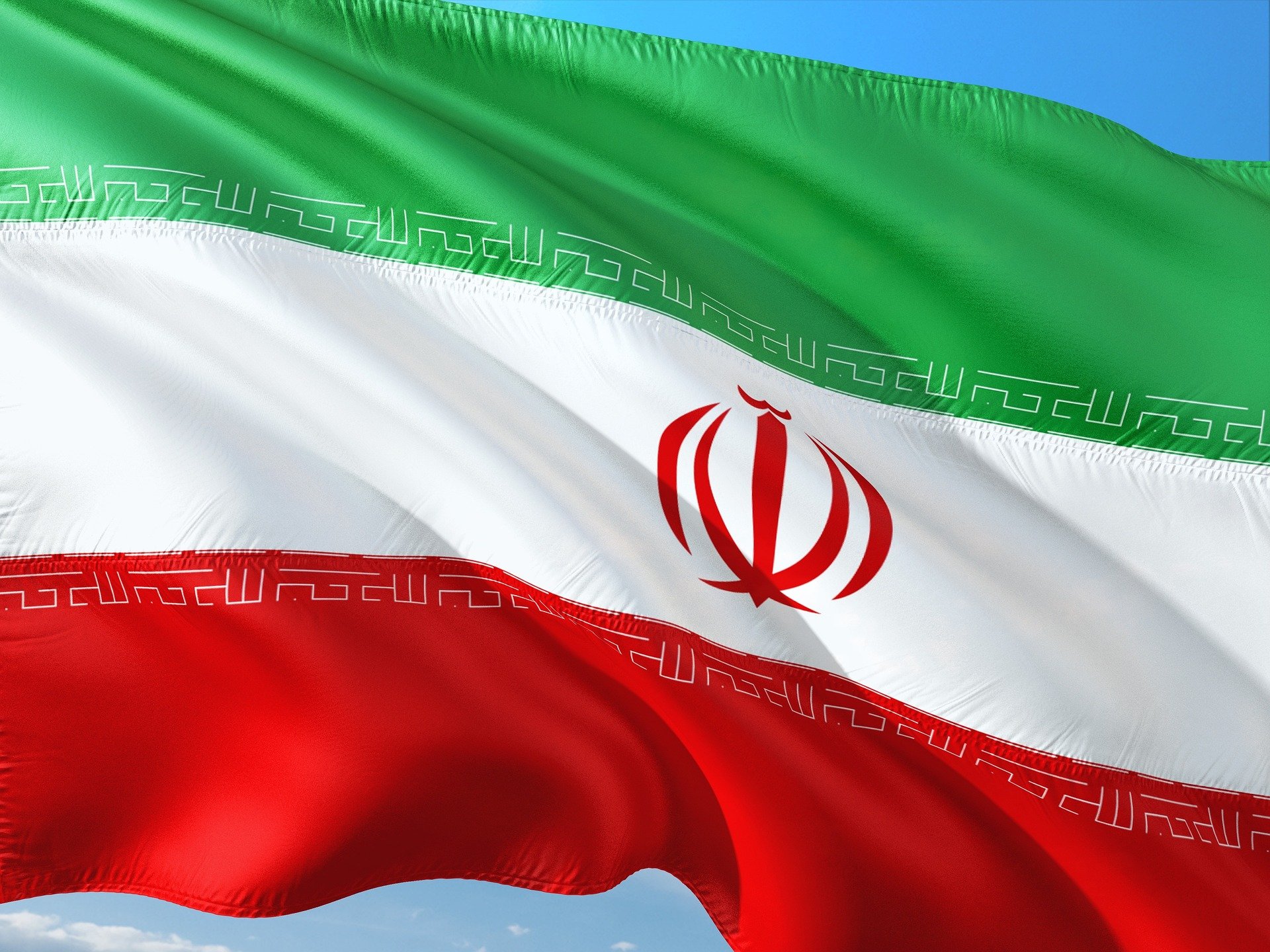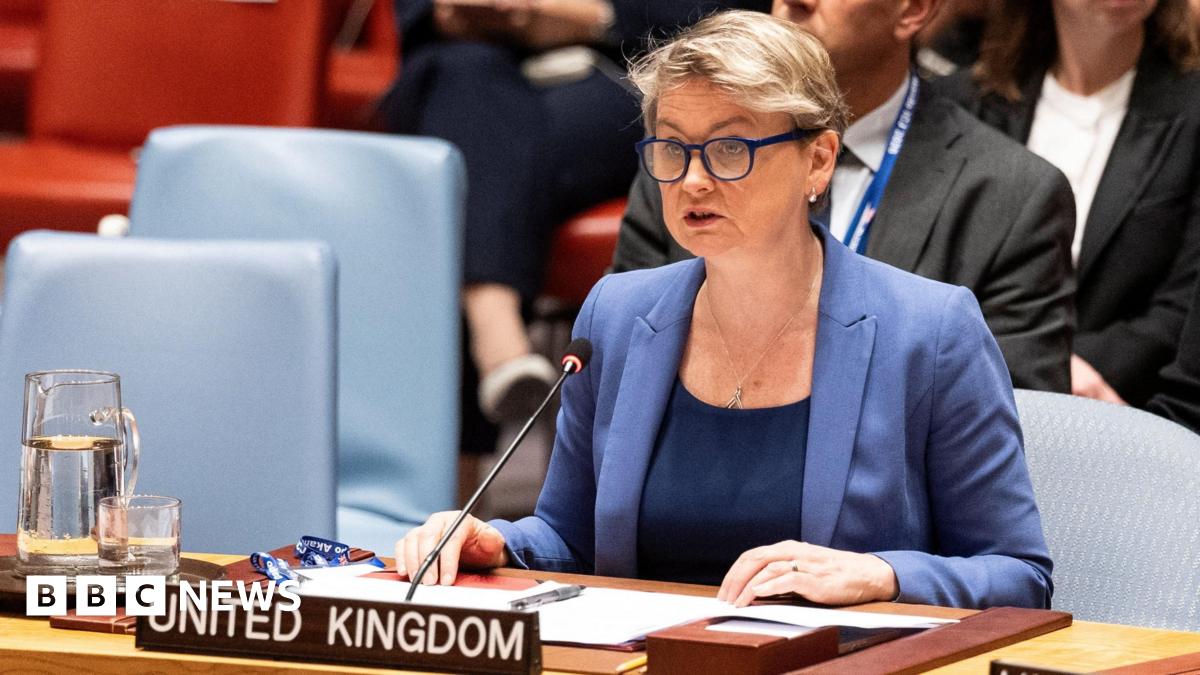Iran faces mounting unrest and economic pain after UN sanctions snap back, as fears grow over Israeli strikes and stalled nuclear talks with the West.
Iran’s clerical rulers face one of their gravest crises since the 1979 Islamic Revolution, caught between growing discontent at home and a stalled nuclear deal that together have left the country more isolated and divided.
The United Nations reimposed sanctions on Iran on Saturday after last-ditch talks between Tehran and European powers Britain, France and Germany failed to resolve the latest of decades of standoffs over Iran's nuclear program.
Advertisement Advertisement
Advertisement Advertisement
Without a breakthrough in talks with the West, four Iranian officials and two insiders predicted Iran's economic isolation would further intensify, stoking public fury.
Yet accepting the West's demands risks fracturing the ruling elite and sidelining the Islamic Republic’s revolutionary beliefs in "not succumbing to Western pressure" that define Tehran’s unbowed stance, they said.
Concerns mount in Tehran over potential Israeli strikes
"The clerical establishment is trapped between a rock and a hard place. The existence of the Islamic Republic is in peril," one official said, adding that "Our people cannot handle more economic pressure or another war."
Mohammad Eslami, head of the Atomic Energy Organization of Iran (AEOI), attends a session of the World Atomic Week international forum, an event dedicated to the global nuclear industry and related sectors, in Moscow, Russia, September 25, 2025. (credit: EVGENIA NOVOZHENINA/REUTERS)
Adding to these strains are mounting concerns in Tehran over potential renewed Israeli strikes on Iranian nuclear sites if nuclear diplomacy with the West fails, a second official said.
Advertisement Advertisement
Advertisement Advertisement
A 12-day war in June that began with Israeli airstrikes, followed by US strikes on three Iranian nuclear installations, shocked Tehran, kicking off just a day before a planned sixth round of talks with Washington over Tehran's nuclear program.
US President Donald Trump and Israeli Prime Minister Benjamin Netanyahu have warned they will not hesitate to hit Iran again if it resumes enrichment of uranium, a possible pathway to developing nuclear weapons.
"I think the chances of war breaking out are significant, given Israel’s aggressive posture and the strong support it currently receives from the United States," former lawmaker Gholamali Jafarzade Imenabadi told Iranian media on Thursday.
Britain, France and Germany triggered the snapback of UN sanctions on August 28, accusing Iran of violating its 2015 nuclear pact with world powers. The measures took effect on Saturday after failed negotiating efforts to delay it this week during the UN General Assembly.
Advertisement Advertisement
Advertisement Advertisement
The United States, its European allies and Israel accuse Tehran of using its nuclear program as a veil for efforts to try to develop the capability to produce weapons. Iran says its nuclear program is for peaceful purposes only.
Tehran says renewed sanctions will force harder nuclear line
Iranian authorities have said renewed sanctions will push them toward a tougher nuclear stance, but the threat of Israeli attacks has left them with scant room to maneuver.
A former moderate senior Iranian official doubted Tehran would take drastic steps as the leadership understands the risks amid its weakened regional position, mounting domestic pressures and the potential cost of further escalation.
Rifts are widening within Iran’s ruling elite over how to navigate the crisis - some push for a tougher line while others resist, fearing it could trigger the Islamic Republic's collapse.
Advertisement Advertisement
Advertisement Advertisement
With Trump's speedy revival of a "maximum pressure" campaign on Tehran since February with new sanctions and threats of further military action, a second official said some decision-makers in Tehran believe "maintaining the status quo - no war, no deal and continued talks - is the best option without offering further concessions."
The new measures could significantly increase pressure on Iran's economy, further restricting its trade with countries that have previously disregarded unilateral US sanctions.
The UN sanctions include limitations on Iran's oil, banking and finance sectors, an arms embargo, a ban on uranium enrichment and reprocessing, a ban on activities with ballistic missiles capable of delivering nuclear weapons, a global asset freeze and travel bans on Iranian individuals and entities.
Popular anger mounts over deepening economic woes
Compounding Tehran's challenges, Iran's clerical establishment is grappling with mounting popular anger over deepening economic woes.
Advertisement Advertisement
Advertisement Advertisement
Many Iranians, like primary school teacher Shima, fear that revival of UN sanctions will further cripple the economy, already under worsening strain because of years of sanctions and mismanagement.
"We already struggle to make ends meet. More sanctions means more economic pressure. How are we going to survive?," Shima, 36, a mother of two, told Reuters from Tehran by telephone.
The clerical leadership is increasingly concerned that mounting public anger over economic hardships could erupt into mass protests that would "further harm its position on the international stage," the second official said.
Iran’s official inflation rate is around 40%, and some estimate it is over 50%. Iranian media in recent months have reported a significant rise in food prices and costs of housing and utilities, driven by the rial currency's steep fall and soaring raw material costs.
Advertisement Advertisement
Advertisement Advertisement
Iran has staved off economic collapse largely thanks to China, the main buyer of its oil and one of the few nations still trading with Tehran despite sanctions reimposed since 2018 when then-president Trump ditched Tehran's 2015 nuclear pact.
Yet uncertainty looms over the sustainability of the exports with the revived UN sanctions.
[SRC] https://www.yahoo.com/news/articles/irans-clerical-leaders-face-existential-031600419.html
 Visit the website
Visit the website






